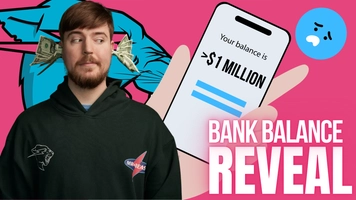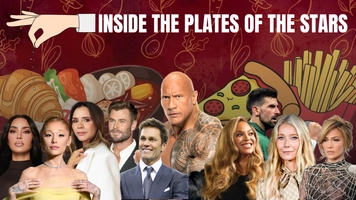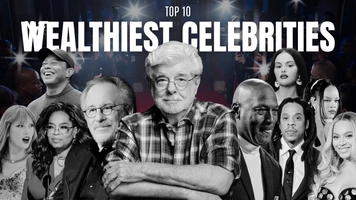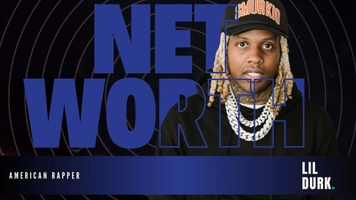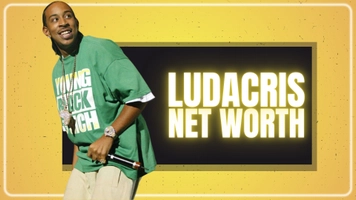Honey Extension's Sticky Situation: How a Sweet Deal Turned Sour
Honey's sweet promise of savings turns bitter, as allegations of scams and deception cast a shadow over its buzz.
Published Dec 23, 2024
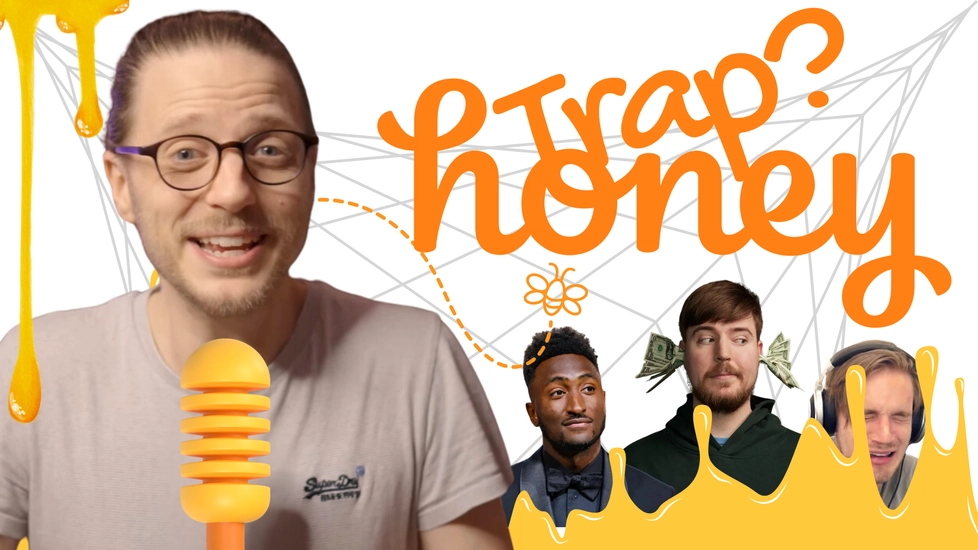
Table of Contents
- What is Honey Extension and Buzz Around it?
- A Sticky Web of Deception
- Consumers in the Crossfire
- The Broader Implications
- What’s Next for Honey?
Don't take influencer or celebrity endorsement seriously. Instead of Kim K‘s butt lift, u might get a death lift and Larry David’s crypto app will suck u dry, right SBF? That’s why PayPal Honey’s lucrative “FREE” discount codes have become a nightmare even for its promoters such as Mr. Beast and Emma Chamberlain. Youtuber MegaLag uncovers the dirty secret behind Honey’s scam and how the popular browser extension has gone from the trusty sidekicks of savvy consumers that promised effortless savings with a single click to
What is Honey Extension and Buzz Around it?
Honey was launched in 2012 and became a dependable partner for online shoppers, offering automatic coupon applications at checkout. Its popularity soared, culminating in a $4 billion acquisition by PayPal in 2020. Eventually, ‘PayPal Honey’ paid influencers to sell itself as the ultimate tool for frugal consumers. All you had to do was install PayPal’s newly acquired extension and let it offer you the best deal after applying discount codes that you would have missed. Easy Peasy right?
A Sticky Web of Deception
Enter MegaLag, a YouTuber who takes us into a deep drive and uncovers scams committed by Honey. The allegations? Honey has been engaging in deceptive affiliate marketing tactics, effectively hijacking commissions from content creators who helped promote it. MegaLag estimates that these online personalities, celebrities, and influencers like PewDewPie have collectively lost millions of dollars. That’s why, double-check instead of blindly following creators like Marques Brownlee with those affiliate marketing links no matter how much “impartiality” they preach.
According to the investigation, the infamous Honey trap was laid by replacing affiliate cookies with its own during the checkout process. As a result, Honey stole the commission meant for the original content creator.
Consumers in the Crossfire
The controversy doesn't end there. MegaLag reveals that Honey may be withholding better discount codes from users, promoting deals that benefit its business partners instead. So when you were happy to get “10%” of that GeForce RTX graphics card, the Honey extension was ignoring discount codes with greater savings. The extension that promised to save consumers money might be costing them more in the long run.
The Broader Implications
This has reignited the debate about celebrity and influencer endorsements that are done without any proper research or security. Remember, “The Kardashian Kard?”, right? That said, Honey Extension's latest scam expose is serving as a cautionary tale about the potential pitfalls of browser extensions. Asking consumers to remain vigilant and scrutinize the permissions they grant for better data privacy and security.
What’s Next for Honey?
Dust is yet to settle and PayPal remains tight-lipped on these allegations. For now, users are left to decide whether it is time to click “uninstall”? Meanwhile, an afterthought has been lingering for new digital-age buyers. “If it is free, you are probably the product being sold”. So next time you are betting on Drizzy Drake’s website or clicking on Shawn Dawson’s promotional link, think twice.
Also Read:
- Lil Durk Denied Bond In Federal Murder-For-Hire Case
- Drake Hosts Toronto Look-Alike Contest, Awards $10K To Winner
- ROSÉ And Bruno Mars' 'APT.' Reigns Supreme On Billboard Global Charts For Eight Weeks
Write a comment
Comments
No Comments Yet
Related Posts

MrBeast’s Formula E Crash: Was He Ready For The Track?
Mohd Gaus Aminuddin Shaikh
Mar 7, 2025

MrBeast Announces Engagement To Thea Booysen With Heartfelt Proposal
Amanda Lee Swanson
Jan 31, 2025
Featured
Trending

MrBeast’s Formula E Crash: Was He Ready For The Track?
Mohd Gaus Aminuddin Shaikh
• Mar 7, 2025



